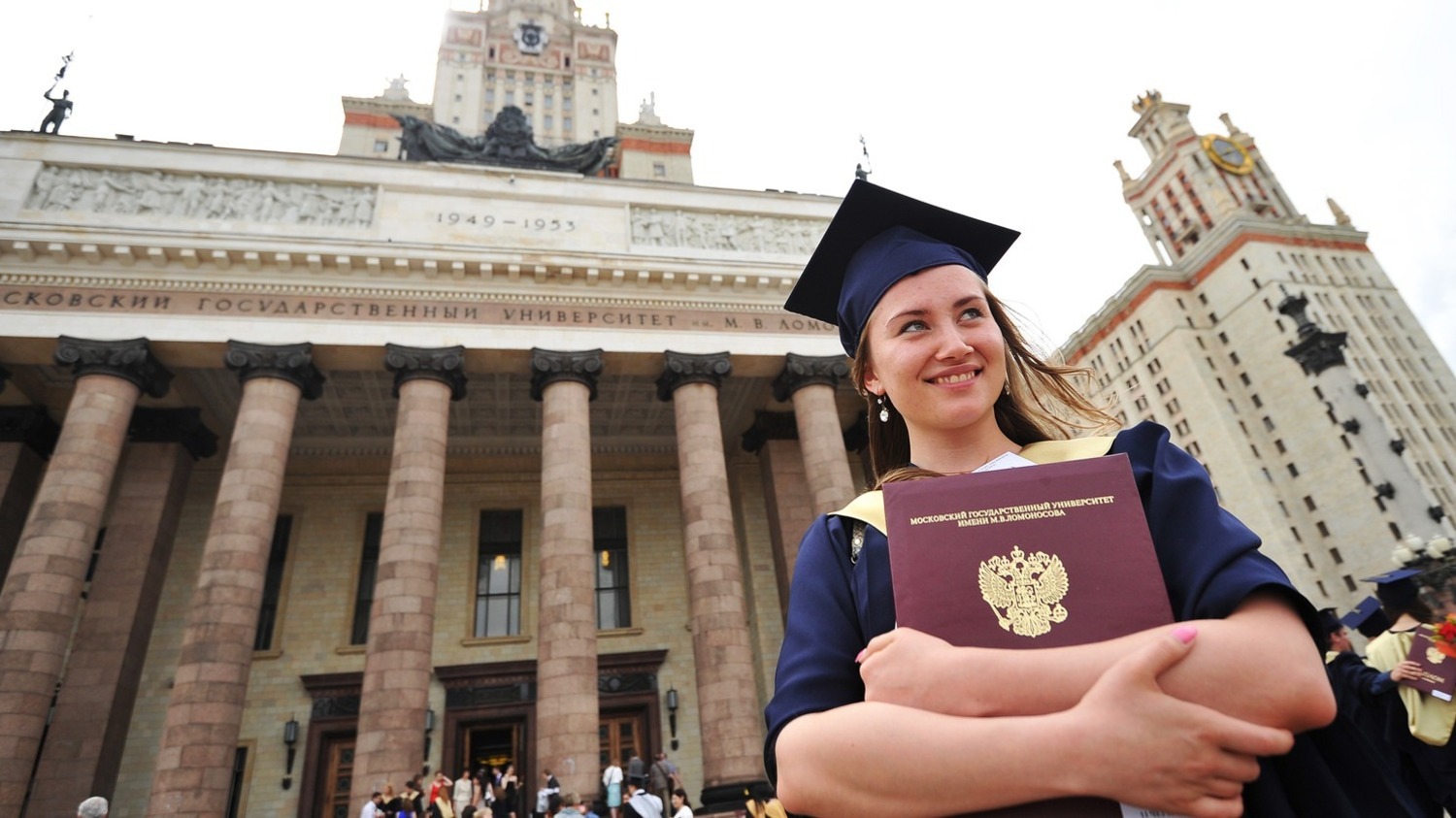Posted 17 августа 2023, 09:12
Published 17 августа 2023, 09:12
Modified 17 августа 2023, 09:40
Updated 17 августа 2023, 09:40

International University Ranking: who needs it in modern Russia?
IRINA MISHINA
The leaders of the Shanghai ranking traditionally remained US universities — Harvard, Stanford Universities and the Massachusetts Institute of Technology. In total, there are 15 American universities in the top twenty. The other five are from the UK, France and Switzerland. The best of Asian universities — Tsinghua University of China took the 22nd position.
Following the abolition of culture — the abolition of Russian science?
Russian universities have lost their positions in comparison with 2022. The highest position in the ranking is at MSU, which was in the 101-150 group (universities outside the top hundred are grouped together). St. Petersburg State University is in the 401 — 500 group (in 2022 it was in the 301 — 400 group). MIPT retained its position, remaining in the 501 — 600 group. But the HSE has fallen in the ranking by as much as a hundred: 701 — 800 places in the ranking (in 2022 he was in the 601 — 700 group). Novosibirsk State University, Skoltech and Ural University retained their positions in the 701 — 800 group. NRU MEPhI also dropped in the ranking, being in the group 901 — 1000 (in 2022 it was among the universities 801 — 900). Sechenov Medical University also moved to the group 901 — 1000 (2022: 601 — 700).
What is the reason for the deterioration of the positions of our universities and what does it mean for students and their future employers? Is it worth getting upset about this and drawing conclusions?
First of all, experts note that the decline of Russian universities in international rankings is due to the fact that articles by Russian scientists have ceased to be published in leading international scientific journals. The departure of our universities from the Bologna system also played a role. But all the experts we managed to talk to unanimously believe that the importance of the Shanghai rating for the economy and employers is zero or so. At the same time, some conclusions should be drawn.
«The peculiarity of the Shanghai University Ranking is that it does not rely on expert surveys, taking into account mainly publications in prestigious international scientific journals. It is clear that Russian scientists have big problems with this because of the „cancellation“ of Russian culture and science abroad. The rating was also influenced by the fact that foreign teachers have not been teaching here for some time. That is, it's also about international exchange. At the HSE, for example, international contacts with unfriendly countries were massively curtailed, » Irina Abankina, a professor at the HSE Institute for the Development of Education, told NI.
Experts also pay attention to the fact that there are fewer foreign students in Russian universities. And this is a sad fact, because it is important for the Russian academic school that our ideas spread in the world.
«Very few students from abroad have been coming to Moscow State University lately, this is a fact. There are about a dozen of them in the physics department. While up to 50% of foreigners study in foreign universities, » confirms Associate professor of the Faculty of Physics of Moscow State University Andrey Larichev.
The employer does not take into account ratings?
We decided to find out for whom international university rankings are important in general, and in particular, the Shanghai One.
«The Shanghai rating is focused mainly on future applicants and their family members — which university to choose for study — says HSE Professor Irina Abankina. — This rating will not affect the Russian quality of education in any way, it is not an indicator. I want to say that in recent years the position of Russian universities has changed little at all. MSU remains about the first hundred international rankings, the rest of the universities are noticeably lower. I think future students should focus not so much on these ratings as on the requirements of the labor market.»
«This is a purely paper rating, » agrees Associate professor of the Faculty of Physics of Moscow State University Andrey Larichev. — It is important, perhaps, for those who want to get a job abroad. It does not affect the Russian labor market in any way. And I will also add that all these ratings are a kind of «inter—party» in which everyone is trying to promote «their own». To be honest, China is the leader in the number of scientific publications today, it is in first place in the world, but it is not in the top lines in this ranking.»
Perhaps one of our universities is ahead of foreign ones — it is the cost of training. «NI» has already drawn attention to the fact that in this regard we are ahead of the whole planet. So, in Germany, in many state universities, education is free for both its citizens and foreigners. Students pay only an administrative fee, which includes a travel card, use of the university's infrastructure and medical insurance. It turns out up to 750 euros per semester, or about 80 thousand rubles. The picture is similar in Austria and France. So, at the Sorbonne there are so-called administrative fees, which are determined by the specialty and degree. For bachelors, the amount of such payments is 173.57 euros, for masters — 230.57 euros. Which is naturally incommensurable with the average cost of studying at prestigious Russian universities. For example, a semester (six months) at Moscow State University will cost at least 195 thousand rubles, at MGIMO — from 280 thousand rubles. And the total cost of all six years of training in the specialty «Medical business» rose in the First MGMU. Sechenov to 4.48 million rubles.
So, studying the ratings of universities, it is worth not least to evaluate the cost of training.